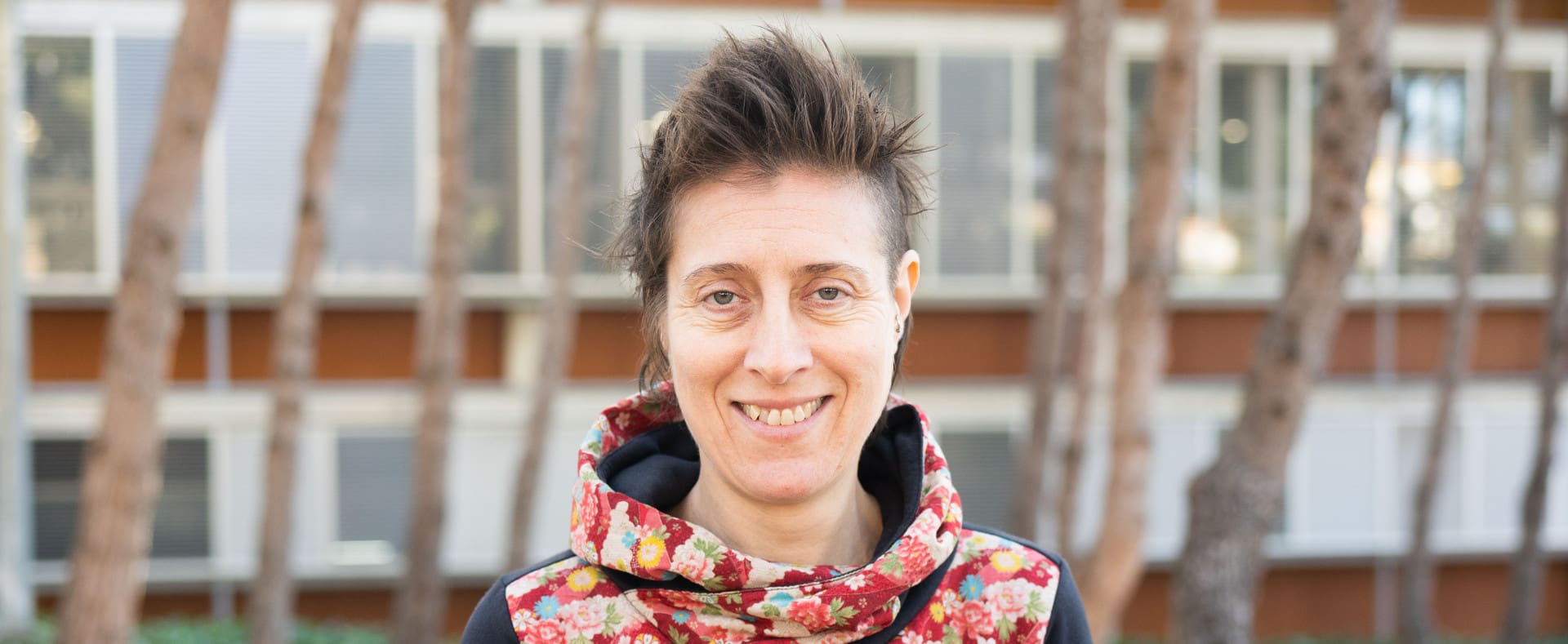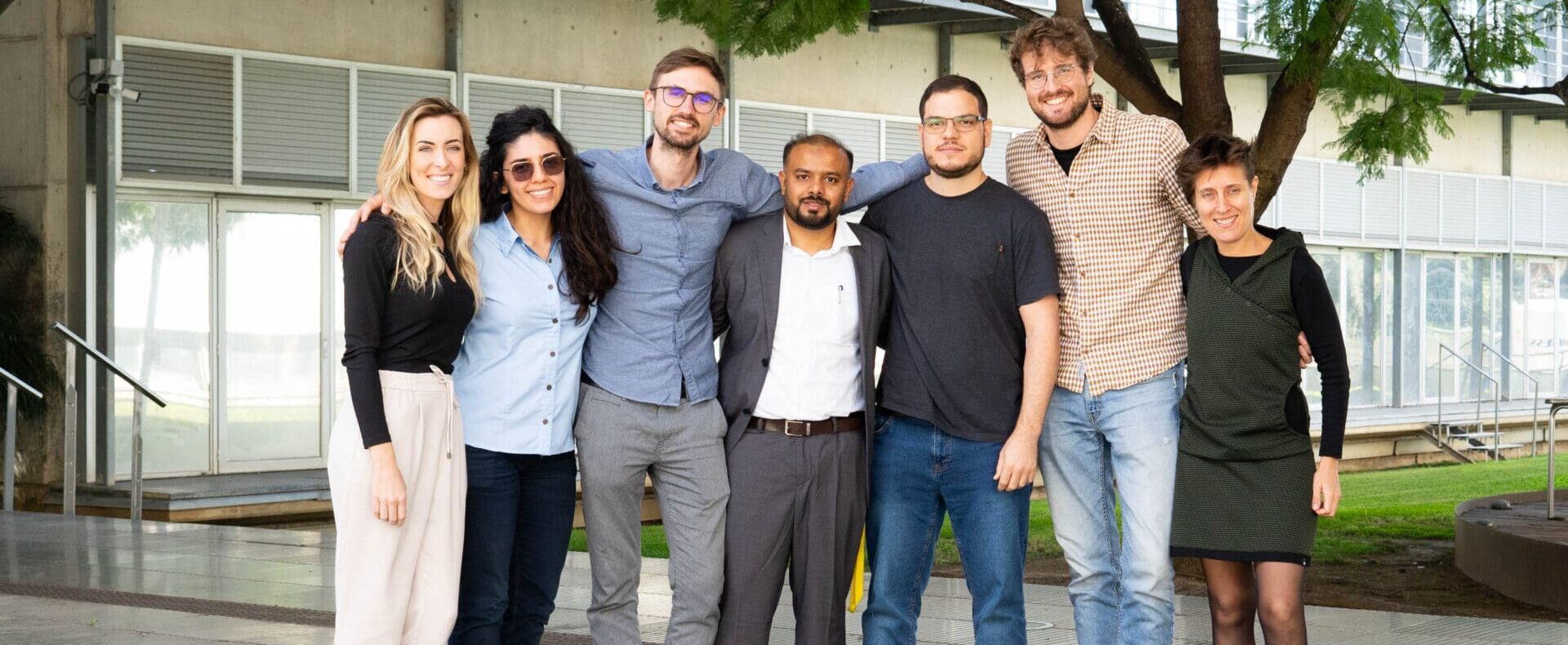- Home
- Resarch
- Research Groups
- Dr. Elisabet Romero
Dr. Elisabet Romero
Design and construction of bio-inspired systems for the conversion of solar energy to fuel
Dr. Elisabet Romero
Elisabet Romero graduated in Chemistry with a major on Physical Chemistry by the University of Barcelona in 2003. Later she obtained a master degree under the supervision of Dr. Lluís Julià Bargés at the Institute of Advanced Chemistry of Catalonia. Shortly after, she gained a Marie Curie fellowship to join the Research Training Network INTRO2 from the European Union to follow a PhD program at the Biophysics group led by Prof. Rienk van Grondelle at the VU Amsterdam (The Netherlands). In 2011 she received her Doctoral degree in Biophysics with a thesis entitled “The Electronic Structure of Photosystem II: Charge Separation Dynamics”. Later she was appointed as a postdoctoral researcher to implement a new ultrafast spectroscopic technique at the VU Amsterdam: Two-dimensional electronic spectroscopy (2DES). During her time in Amsterdam, she applied ultrafast spectroscopy to investigate the mechanism of the charge separation process in photosystem II, the first solar-energy conversion step in photosynthesis. Her main contribution to the Photosynthesis field has been the formulation of a series of Quantum Design Principles of Photosynthesis which provide a guide for the rational design of novel solar-energy conversion systems, and that have been summarized in a review in Nature (link to the paper in the word Nature, as in the current publication list (SharedIt link)).
In February 2018 she started her independent research career at ICIQ within the Institute Starting Career Program, funded by the “Excellence Severo Ochoa” grant. Shortly after, she was awarded with the prestigious European Research Council Starting Grant to develop a new generation of bio-inspired systems able to convert solar energy to fuels as well as to gain deeper knowledge on the role of quantum coherence in the energy/electron transfer processes active in Photosynthetic organisms.


Let's create a brighter future
Join our team to work with renowned researchers, tackle groundbreaking
projects and contribute to meaningful scientific advancements















